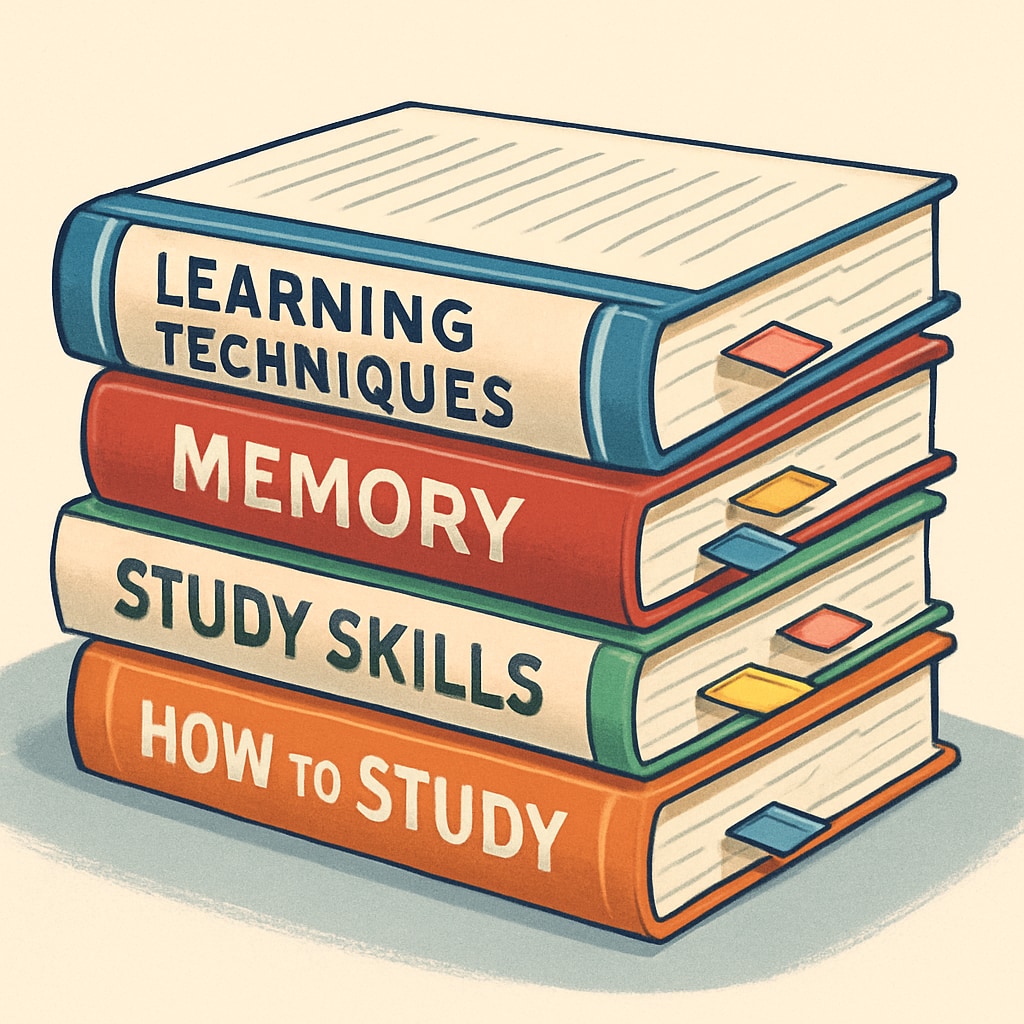For students seeking effective learning methods and memory techniques, books can provide life-changing guidance. This curated list presents five transformative resources that combine scientific principles with practical strategies. These books help K12 learners develop efficient study systems while cultivating lasting cognitive skills.
Science-Backed Learning Strategies
Modern research reveals how our brains process and retain information best. According to active learning theories, engagement dramatically improves knowledge retention. The following books translate these findings into actionable techniques:
- Make It Stick: The Science of Successful Learning by Peter Brown – Explores counterintuitive methods like spaced repetition and retrieval practice
- Learning How to Learn by Barbara Oakley – Teaches brain-friendly approaches to mastering difficult subjects

Memory Techniques That Work
Effective memory methods go beyond rote memorization. As explained in mnemonic systems, creating vivid mental associations boosts recall. These books offer proven memory frameworks:
- Moonwalking with Einstein by Joshua Foer – Documents memory championship techniques adapted for everyday learning
- Unlimited Memory by Kevin Horsley – Presents practical memory systems for academic success
Building Sustainable Study Habits
Long-term academic achievement requires consistent, effective routines. These resources help students develop personalized learning approaches:
- The Study Skills Handbook by Stella Cottrell – Comprehensive guide covering time management, note-taking, and exam preparation
- Deep Work by Cal Newport – Teaches focused concentration techniques for maximum productivity

By implementing strategies from these books, students can transform their learning experience. The combination of memory techniques, cognitive science, and practical study methods creates a powerful foundation for academic and professional success.
Readability guidance: Key concepts are explained clearly with examples. Transition words improve flow between ideas. Lists present information efficiently. Complex ideas are broken into manageable sections.


